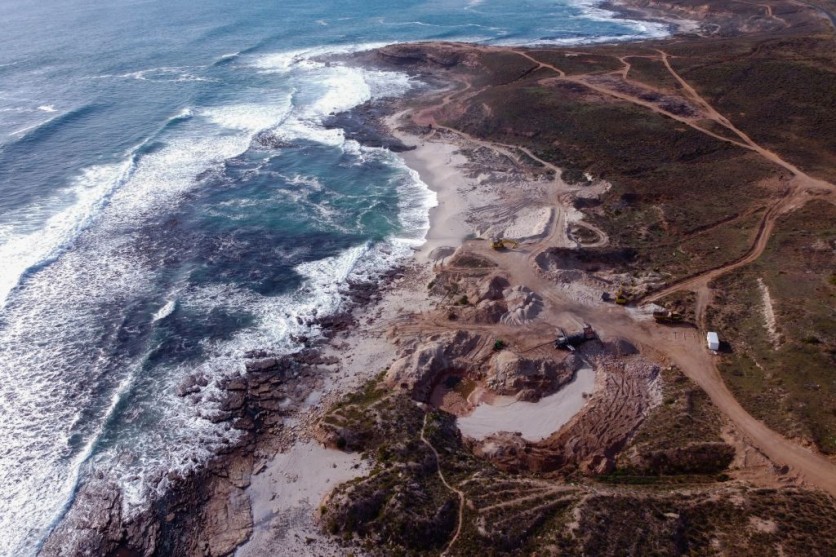In response to worries about ecological destruction, Canada has joined the worldwide campaign calling for an end to deep-sea mining in international seas.
Before permitting commercial activities, three Canadian ministers underlined the necessity for a thorough study of the environmental effects of seabed mining and a strong regulatory framework.
This is in accordance with European countries, academics, environmental groups, and businesses that promise not to use deep-sea minerals.

Canada's Calls
Canada has just joined the growing number of countries calling for a ban on deep-sea mining in international seas. The unproven sector generates environmental worries and asks for rigorous research and protection.
Until a thorough knowledge of the environmental implications and a strong regulatory framework is created, a moratorium is supported by ministers from the departments of foreign affairs, natural resources, fisheries, and oceans.
The Canadian government supports seabed mining, but only under conditions where the marine environment is safeguarded via preventative and ecosystem-based measures.
They place a strong emphasis on open inspections and scientific management. To spread the word about the dangers of deep-sea mining, Canada works with scientists, environmental groups, large businesses, and European countries.
Joining the Cause
Food industry associations urge caution against rapid mining operations since they account for a sizable share of the global tuna trade. Due to a lack of a legislative framework for granting licenses, Canada decided in February not to approve deep-sea mining in its seas.
Canada's objection is highlighted by Susanna Fuller, Vice President of Conservation and Projects at Oceans North, as a result of the country's dominance in the mining sector and the participation of the Metals Company, a significant actor.
In Kingston, Jamaica, the International Seabed Authority, a quasi-UN agency, is meeting. Companies can now apply for provisional mining permits because the deadline for creating regulations for mining in international seas has passed without a defined framework.
Thirty exploration licenses have been granted by the ISA, but no preliminary commercial licenses have been awarded. On Friday, the council will talk on the matter.
Effects and Caution
Environmental hazards associated with deep-sea mining include sediment plumes, noise, vibration, light pollution, and fuel and chemical spills. The European Academies Science Advisory Council issues caution on possible repercussions for maritime ecosystems. The Clarion-Clipperton Zone has seen the discovery of 5,000 new species, which emphasizes the importance of being vigilant.
In contrast to mining companies' claims that deep-sea mining is required to fulfill growing metal demand, Fuller advises concentrating on land-based alternatives and looking into untapped recycling options.
Related Article : Could Deep-Sea Mining Save the Planet From the Climate Crisis?

ⓒ 2025 TECHTIMES.com All rights reserved. Do not reproduce without permission.




